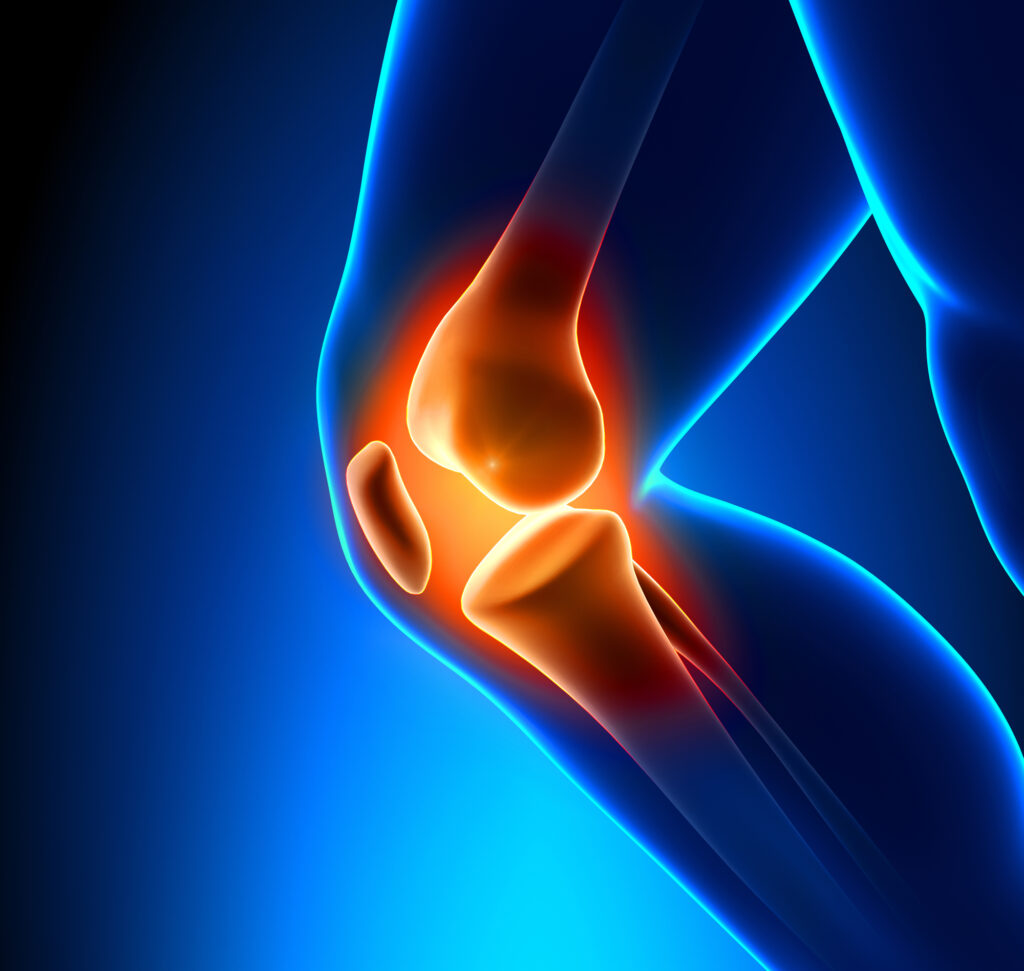According to a review in the journal Amino Acids, collagen peptide supplementation (COL) in conjunction with exercise, has been shown to help support healthy joint functionality for people with degenerative bone and joint problems.
Collagen peptides are a critical element of extracellular connective tissue, making up one-third of the total proteins in the human body. COL, alongside exercise, can have some stimulatory effects on the extracellular matrix of connective tissues, improving their structure and load-bearing capabilities.
This review included a literature search that unearthed evidence from 15 randomized controlled trials and study populations that included 12 studies in recreational athletes, 2 studies on the elderly, and one in untrained pre-menopausal women.
The outcomes of interest fell into four areas:
- Joint pain and recovery from joint injuries
- Body composition
- Muscle soreness and exercise recovery time, and
- Muscle protein synthesis and collagen synthesis
The results showed that COL was most effective at improving joint functionality and reducing joint pain, though certain improvements were seen in body composition, strength, and muscle recovery time. At 15 g/day of COL, collagen synthesis rates rose, yet muscle protein synthesis was not significantly improved when compared to isonitrogenous higher-quality protein sources.
This review highlights that collagen peptides may help improve joint health in trained and untrained populations, particularly around functionality and pain. The scientists behind the review urge further research on COL to find the exact mechanisms behind the results and further measures, such as magnetic imagery, to determine the precise effects of COL on joint health.






